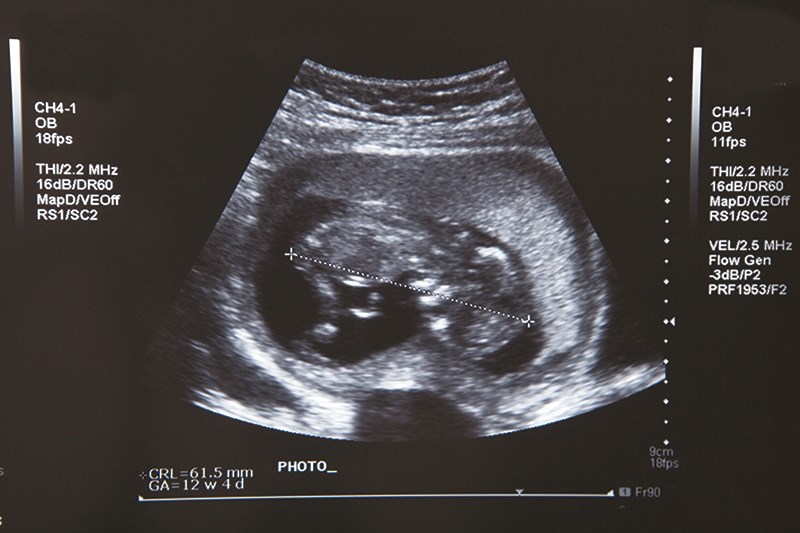Tara Jeffrey
The emergency department is the last place anyone wants to be; but it’s particularly devastating when you’re losing a pregnancy.
My first miscarriage found my husband and I in that position last fall at Bluewater Health, where I feared our experience would be cold, quick and compassionless.
Instead, after a few tests, the emergency room doctor sat down with us.
“It’s not your fault,” he explained. “It’s OK to be sad. We’ll get through this together.”
He spoke about support and grief; noting the dark and often silent impact that pregnancy loss can have on both partners.
It was a simple conversation that helped make things a little less painful.
In fact, Bluewater Health has undergone a major shift in protocols for pregnancy and infant loss this past year to lessen the burden on families and shine some light on a topic that we’re still not talking about enough.
“It’s really a tragic time, and we want to do everything we can to positively support families and try to make it the most respectful and comforting experience,” said Diana Pearson, clinical educator in the Maternal/Infant/Child Program.
The changes follow training in Sarnia last year with the Pregnancy and Infant Loss Network (PAIL), which offers support to families who experience miscarriage, ectopic pregnancy, medical termination, stillbirth or a baby that dies shortly after birth. An estimated 15% to 20% of pregnancies end in miscarriage, while one in 106 ends in stillbirth.
“While health care providers were providing the physical care, they were not giving the proper tools and information to grieve,” said Kemayla Fleming, PAIL’s director of Volunteer Services and Outreach. “Bluewater Health has been very open to changing procedures because they want to see the community heal.”
The movement has also spread into the community, involving social workers, spiritual care, midwives, obstetricians, and agencies like St. Clair Child and Youth. Complimentary photo sessions and hand-foot molds are now offered to families who lose a baby, along with memory boxes, free burial services, remembrance ceremonies, and resources and referral support.
“We’ve had really positive feedback from families who have experienced, possibly the most tragic thing that they’ll ever go through, and they’re leaving here thanking us,” said Pearson.
This fall, PAIL will launch Sarnia’s first peer-led support group -- one of 22 across the province.
“Our hope is that, by connecting with others, there will be less isolation in the community, which lessens the chance of complicated grief,” said Fleming, noting the risks to mental health, returning to work, and relationships.
The more we talk about it, the better we will heal, and discover that we’re not alone.
Let’s keep the conversation going, Sarnia.
It’s not your fault. It’s OK to be sad. We’ll get through this together.
For more, visit pailnetwork.ca or call 1-800-301-7276.
